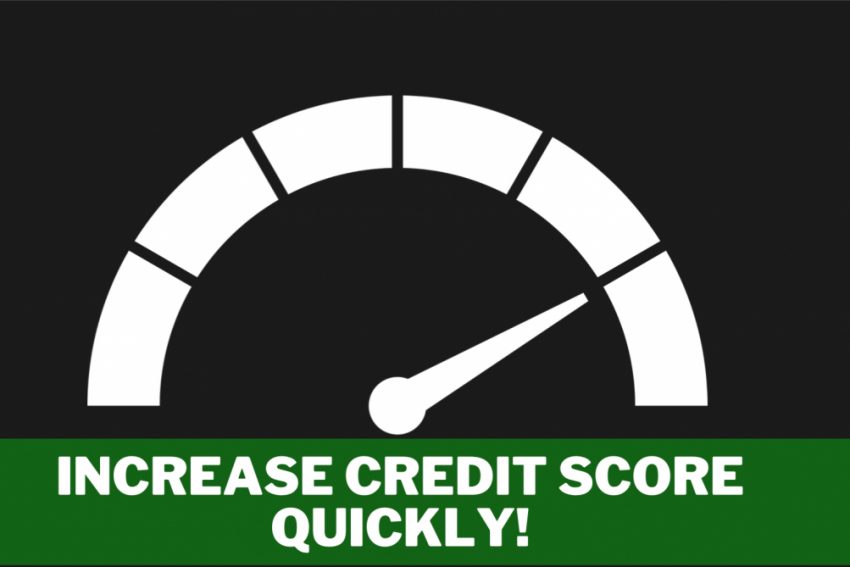Having a robust credit score is a significant factor in your financial health. It plays a crucial role in determining your eligibility for loans, credit cards, and favorable interest rates. In spite of its importance, improving a credit score can seem a daunting task. However, you can make considerable improvements in your credit score by implementing practical and proactive steps. In this article, we will explore six efficient strategies to boost your credit score swiftly.
1. Monitor and Regularly Check Your Credit Reports
One of the first steps towards enhancing your credit score is to regularly check your credit reports. Errors in your report can drastically impact your score. These can range from incorrect personal information to wrongly attributed debts or payments. To avoid such mistakes, order your free annual credit reports from each of the three main credit bureaus: Experian, Equifax, and TransUnion. Scrutinize each line for accuracy and report any discrepancies immediately. This diligent vigilance will not only help in rectifying errors but also shield you from potential identity theft.
2. Make Your Payments on Time
Payment history is one of the most influential factors in your FICO score calculation, accounting for approximately 35% of the total score. Consistently making your credit payments on time has a substantial positive impact on your credit score. Missing payments or paying late can have detrimental effects. To avoid this, set up automatic payments or reminders. This consistent payment pattern over time signifies to lenders that you’re a reliable borrower, eventually enhancing your credit score.
3. Pay Down Your Debts
Credit utilization – the ratio of your total credit card balances to their respective limits – accounts for about 30% of your credit score. High utilization can signal to lenders that you are over-reliant on credit, which could negatively impact your score. Aim to keep your utilization below 30%, and endeavor to pay off your debts rather than shifting them around. Regularly addressing the outstanding balances will decrease your credit utilization, thus improving your score.
4. Diversify Your Credit Mix
Your credit mix – the variety of credit types you have – makes up about 10% of your credit score. Having a diverse range of credit, like installment loans, credit cards, retail accounts, and mortgages, can boost your score. However, this doesn’t mean you should unnecessarily apply for different types of credit. Only consider this strategy if it aligns with your overall financial goals and you’re confident you can manage the additional credit responsibly.
5. Limit New Credit Inquiries
Each time you apply for a new credit card or a loan, a hard inquiry is made into your credit report, which can lower your score slightly. Too many hard inquiries in a short period can make lenders view you as a higher-risk borrower. To maintain a healthy score, apply for new credit only when necessary. It’s also worth noting that rate shopping for a specific loan type within a short period (typically 14 to 45 days, depending on the scoring model) is usually considered as a single inquiry.
6. Leverage Credit-Boosting Programs
Several credit-boosting programs can help you build or increase your credit score. For instance, Experian Boost and UltraFICO allow you to include your banking and utility payment history in your credit score calculation. These services can be particularly beneficial if you have a thin credit file or if you pay your bills on time but still have a low credit score.
In Summary
Improving your credit score is not an overnight process; it requires diligence, discipline, and patience. By implementing these strategies, you can increase your credit score, proving to potential lenders that you are creditworthy. Remember, your credit score is not a measure of your personal worth.




